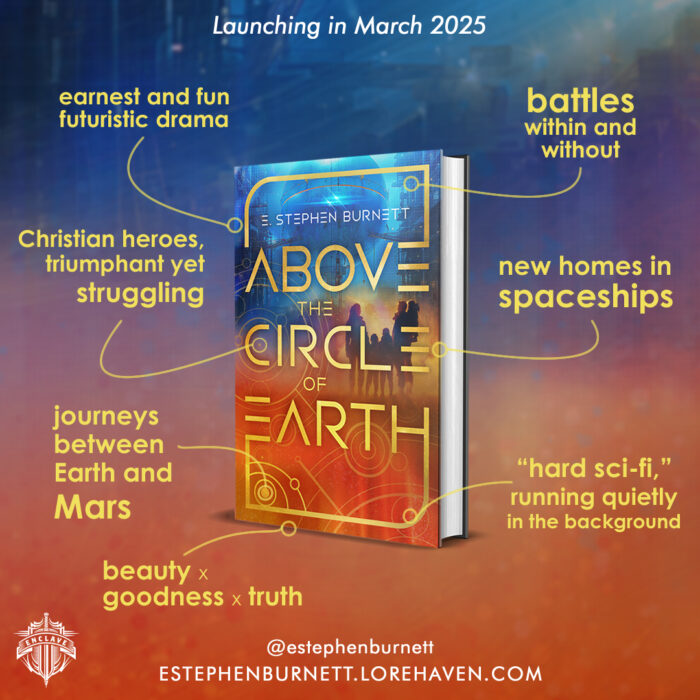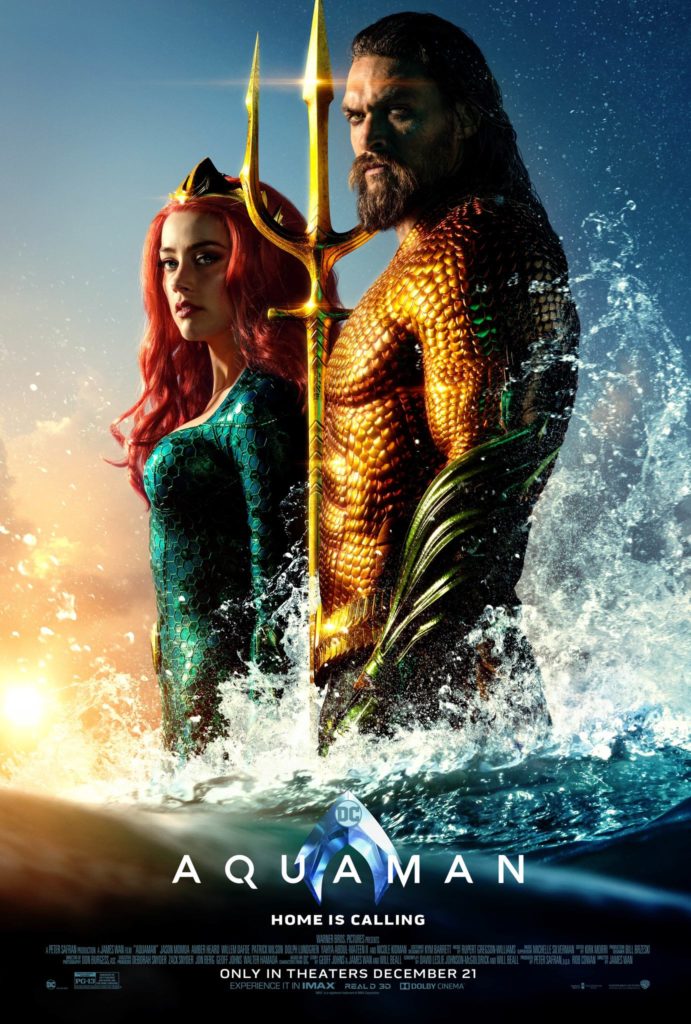Aquaman Respects Women, and So Should His Defenders
Last weekend, Aquaman became the top-earning DC hero film.1
Fans are happy. But some nastier fans aren’t happy enough to actually follow their fictional hero’s positive example.
Here’s a sobering headline from film reviewer named Mara Reinstein. Her article at HuffPost actually seems to downplay the nastiness of the headline: “I Got Death Threats For Writing A Bad Review Of ‘Aquaman.’” She didn’t like the movie, not even as “big dumb fun,” and wrote a review saying so.
In response, apparently male commentators flooded her with hateful abuse. They made it all about her sex.
I scrolled through messages with my heart beating out of my chest. I had rarely seen such filth in print, let alone directed at me. . . .
They found me on Facebook and Twitter, too. One man suggested “Kill yourself you stupid feminazi” and noted “btw your last name sounds Jewish so no surprise you are such an ignorant person hope another Holocaust happens.” Nearly 2,000 people “liked” a post in which some guy made a collage of my face and a few negative reviews. One comment: “Look at that smile that’s someone who’s been single for more than a year.”
And that’s the tamer stuff.
Reinstein plays it calm, and makes some observations about female critics.
My take is a bit different. I want to ask sexist haters of this female Aquaman critic:
Did you actually see Aquaman? Or did you fall asleep during most of it?
Unlike these persons, Aquaman‘s writers and director intentionally made Arthur Curry a total bro who does not treat women like this. On land, the story doesn’t care to show how “badass” he is by having him fornicate about town. When he meets Mera, he doesn’t even think to objectify her (unlike, occasionally, the screen).
Director James Wan, with help from (likely former) DC films director Zack Snyder, wanted Arthur this way. As opposed to the hero’s most cringe-worthy and sexist moment, played for flippant laughs, in Justice League. From ScreenRant:
[Actor Neil] Daly was responsible for running the test screenings of both Justice League and Aquaman. Daly revealed that Whedon was behind much of Justice League‘s “teenage boy sexual humor.” This includes gags like Aquaman hitting on Wonder Woman while under the influence of the Lasso of Truth. Wan didn’t want this approach in Aquaman. Daly explained:
We could have gotten a whole movie about Aquaman basically fawning over Mera the whole time and making all kinds of dirty jokes and things like that and they really had to get away from that, which is all what Whedon had done, so Snyder had a little bit of an influence on Aquaman. James Wan was showing Zack Snyder – against the studio’s wishes – cuts of the movie and early test screenings and storyboards to make sure that they’re on the same page with what he originally wanted and Snyder gave his blessing of approval, bringing it back to what he wanted all along.
There’s some common grace, right there. Any time directors and filmmakers respect women like this, even in little ways, we should rejoice.
But even if these sexist superhero movie fans(?) haven’t heard about this exact example, why don’t they notice any difference between their sexist sin and Aquaman’s respect for women?
Sometimes I wonder if God as righteous judge could use our favorite stories as evidence against us. For instance, Christians often defend God’s justice by citing Romans 1:20. This says that people may claim, pre-judgement, that they never knew about God or the gospel. But the Apostle Paul says men are “without excuse” because God’s “invisible attributes” are “clearly perceived … in the things that have been made.”2
Reading this, we automatically think of the beauty of a sea creature or the fierceness of a hurricane. But could God also judge people by, in part, showing how they failed to live up to the (far-lesser) examples of their fictional heroes—much less his own holy standard?
- Jamie Lovett, “‘Aquaman’ Passes ‘The Dark Knight Rises’ to Become the Biggest DC Movie Ever at Box Office,” ComicBook.com, Jan. 27, 2019. ↩
- Full verse: “For (God’s) invisible attributes, namely, his eternal power and divine nature, have been clearly perceived, ever since the creation of the world, in the things that have been made. So they are without excuse.” (Romans 1:20, ESV) ↩


















Share your thoughts, faithful reader (and stay wholesome!)